Action Type
Quick Wins
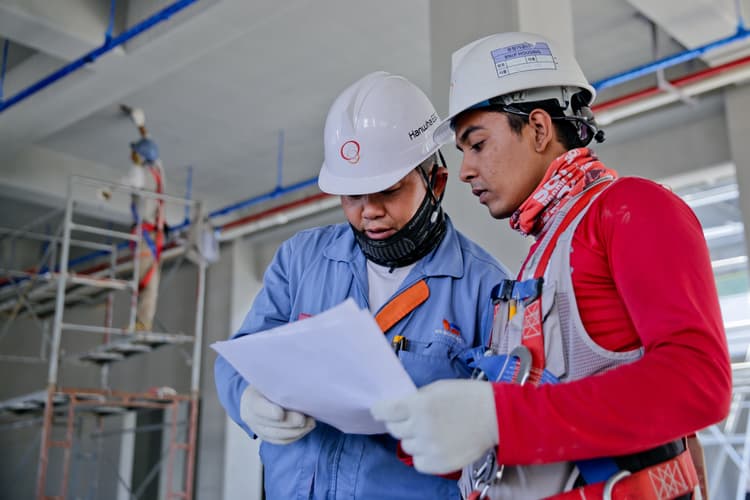
Integrate Energy Management Systems in pulp and paper mills
Integrating the ISO 50001 Energy Management System leads to significant GHG emissions reductions and cost savings.
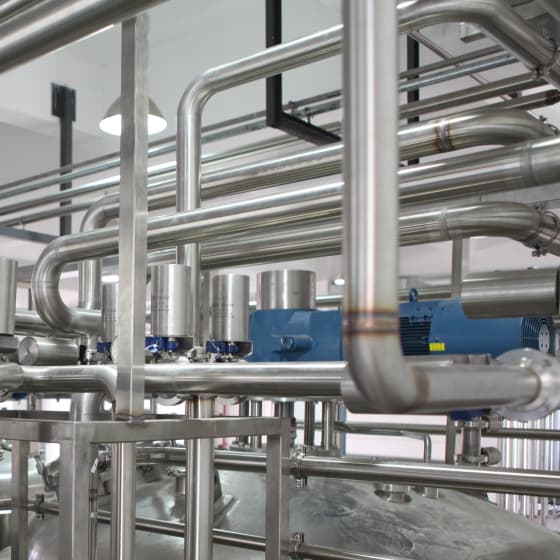
Reduce furnace CO2 emissions with an heat exchanger
Installing a Heat Recovery Tower recovers generated heat and reduces HFO (heavy fuel oil) consumption, reducing costs and with no impact on production
 Unilever
Unilever
National manufacturing of sodium chlorite using clean energy
Cutting emissions by reducing imports while addressing Scope 2 emissions through the use of clean electrical energy.
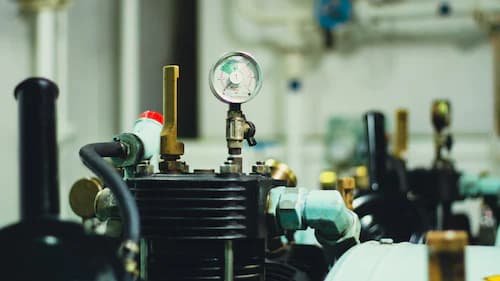
Use an AI air compressor system to reduce energy consumption
To minimize carbon emissions from facility equipment while ensuring production, an adaptive system of air compressors can reduce power consumption per finished good by 41%
 Wistron Corporation
Wistron Corporation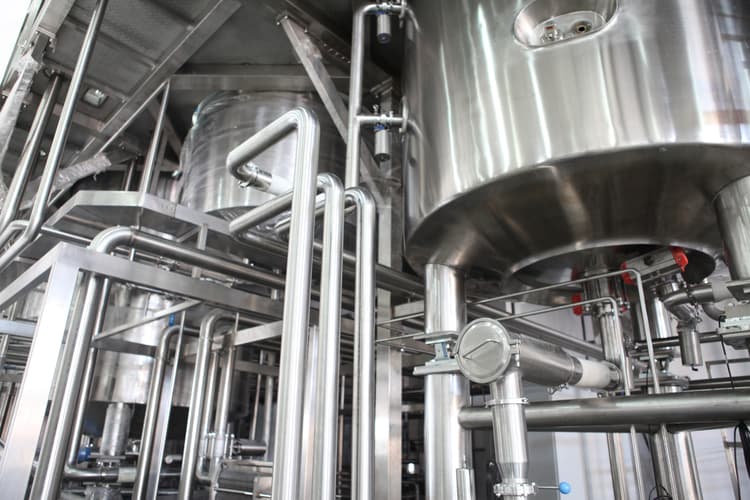
Switch to industrial electric boilers
Electric boilers convert electricity into heat to produce steam, with almost 100% efficiency, reducing the greenhouse gas emissions typically associated with heat production
 Forest Solutions Group
Forest Solutions Group
Maximize waste recovery in the pulp and paper mill
Adopting processes to recover energy from waste, such as black liquor gasification, can lead to higher resource and energy efficiency, while reducing GHG emissions
 Forest Solutions Group
Forest Solutions Group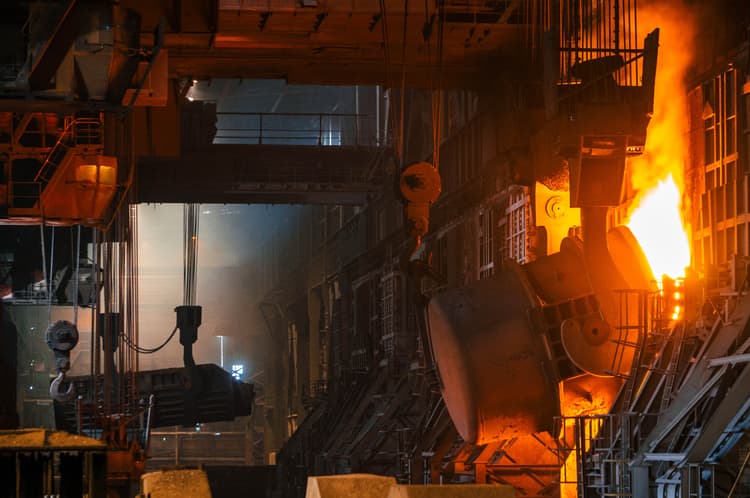
Switch to renewable energy to decarbonize industrial heat
Low- or zero-carbon fuels and renewable energy technologies allow heat-intensive industries to reduce emissions from combustion of fuels (e.g., in manufacturing facilities)
 BCG
BCG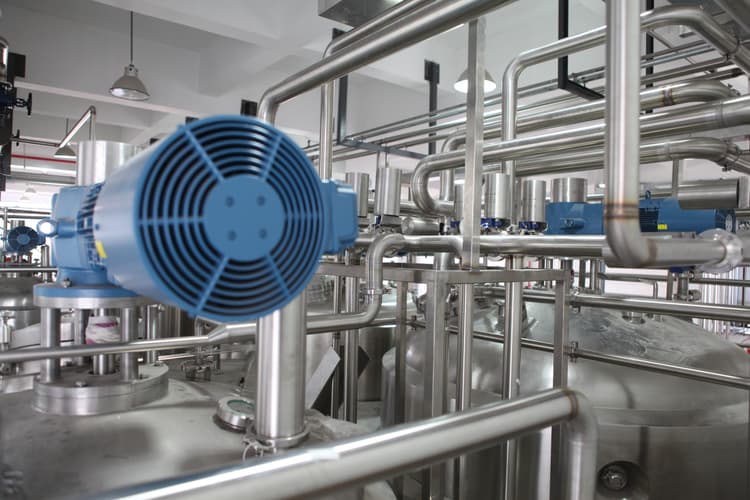
Decarbonize low-temperature industrial heat with heat pumps
Industrial heat pumps generate low-temperature process heat with higher efficiency and lower GHG emissions than conventional fossil fuel heating options.
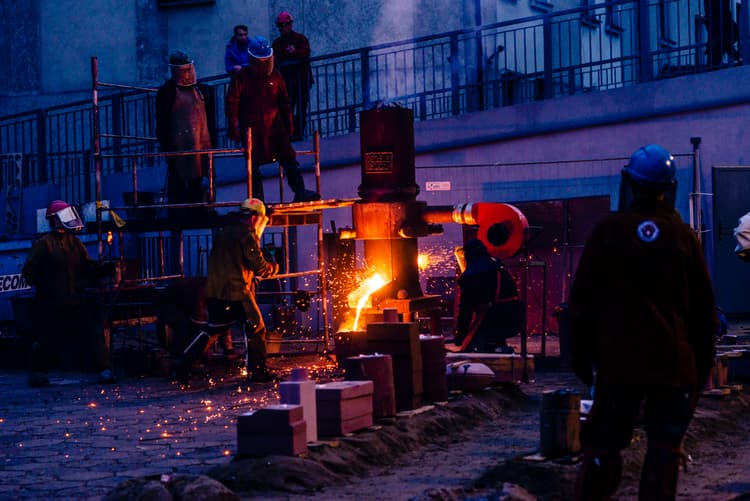
Shift from gas or coal to electric industrial furnaces
The decreased cost of electrical equipment and increased energy efficiency grows opportunites for electrictrifying industries, enabling a reduction in GHG emissions
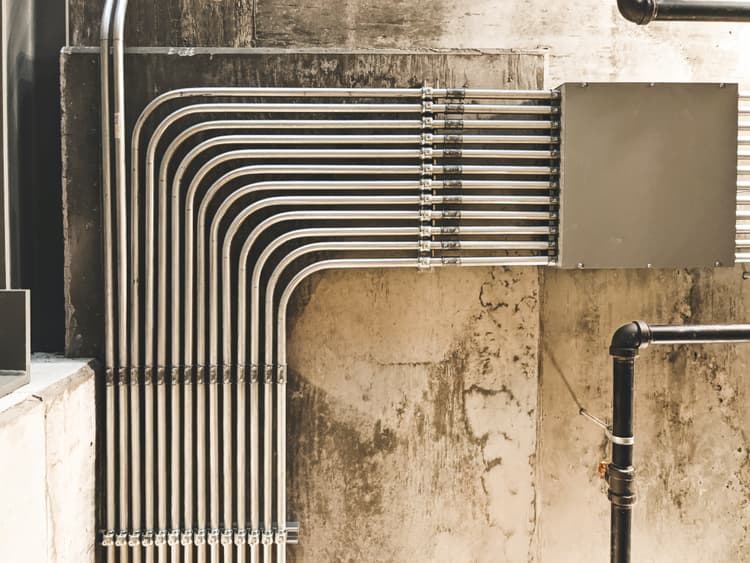
Move from gas to electric low temperature heating systems
Electrifying low temperature heating processes offers higher energy efficiency, lower investment while significantly reducing operational GHG emissions

Harness green hydrogen for ammonia generation
Green hydrogen as an efficient and economically viable decarbonization solution for industrial use, reducing natural gas requirements and GHG emissions
 Iberdrola
Iberdrola
Opt for electric medium temperature heating systems
Electrifying medium temperature heating systems within industry player’s operations allows for lower operating costs, higher efficiency and lower CO2 emissions
